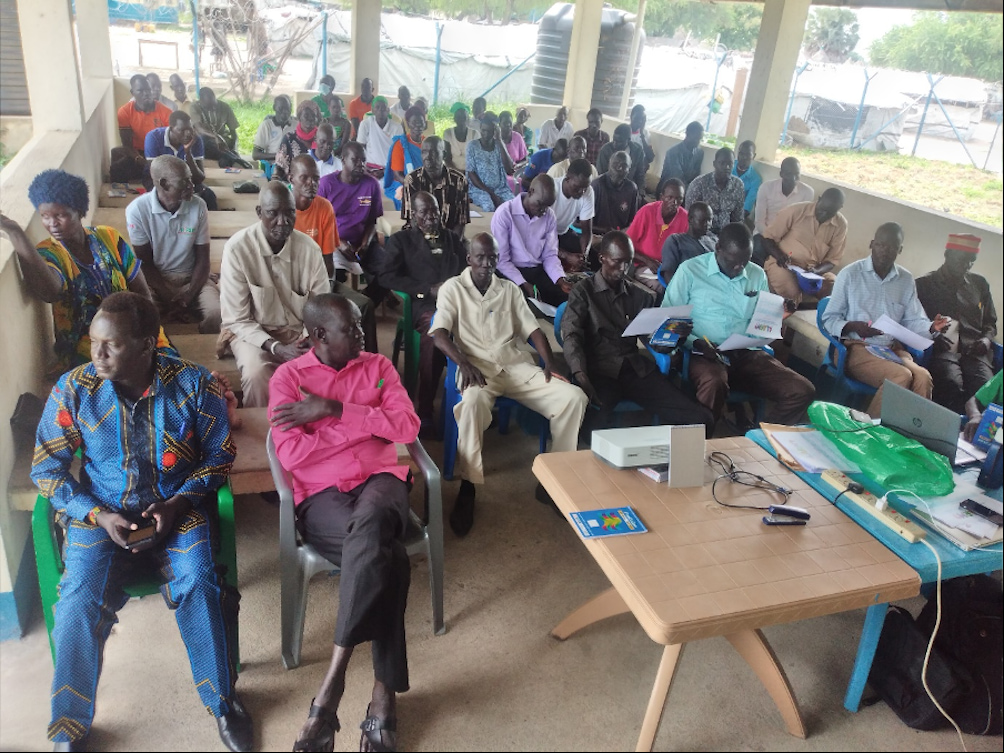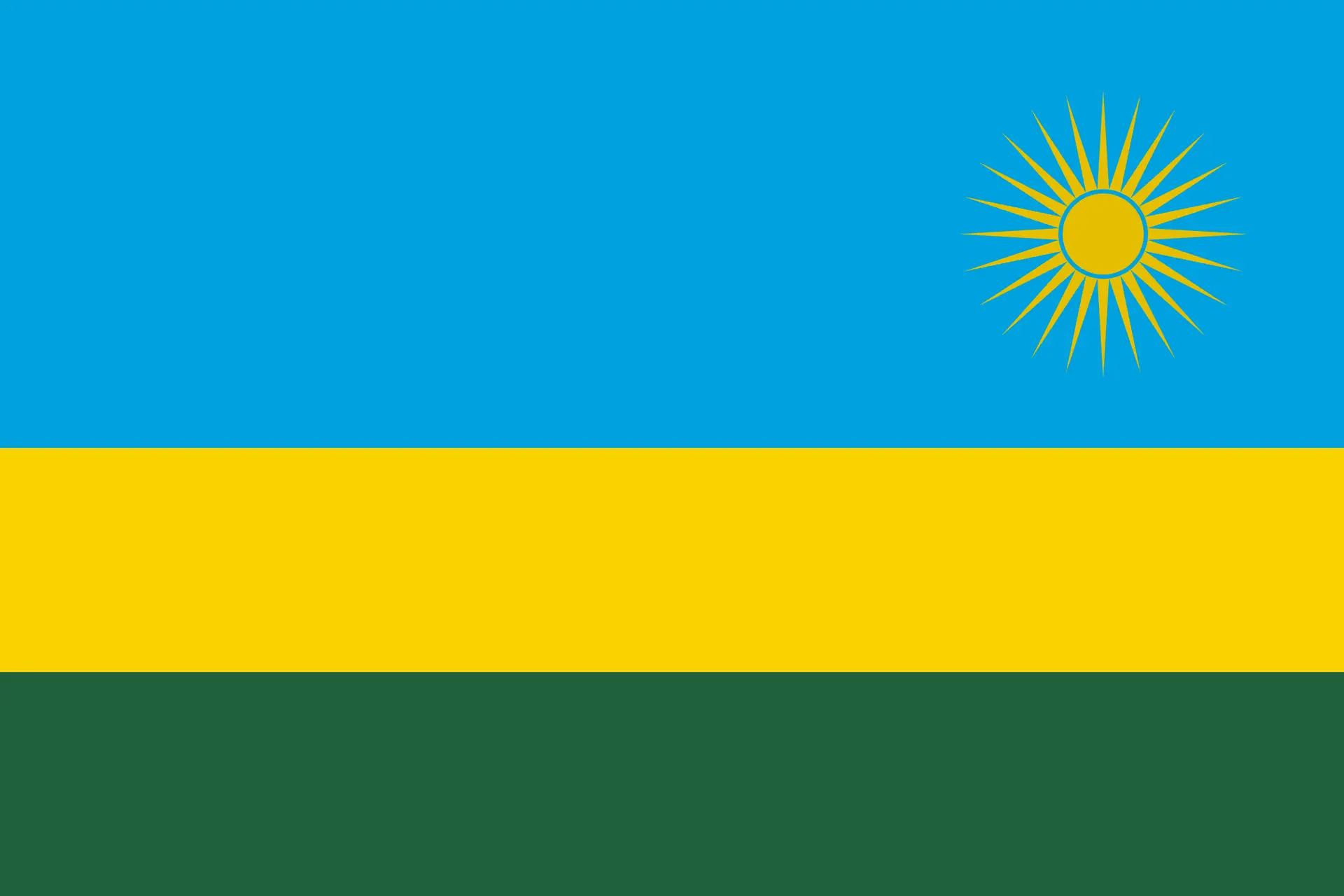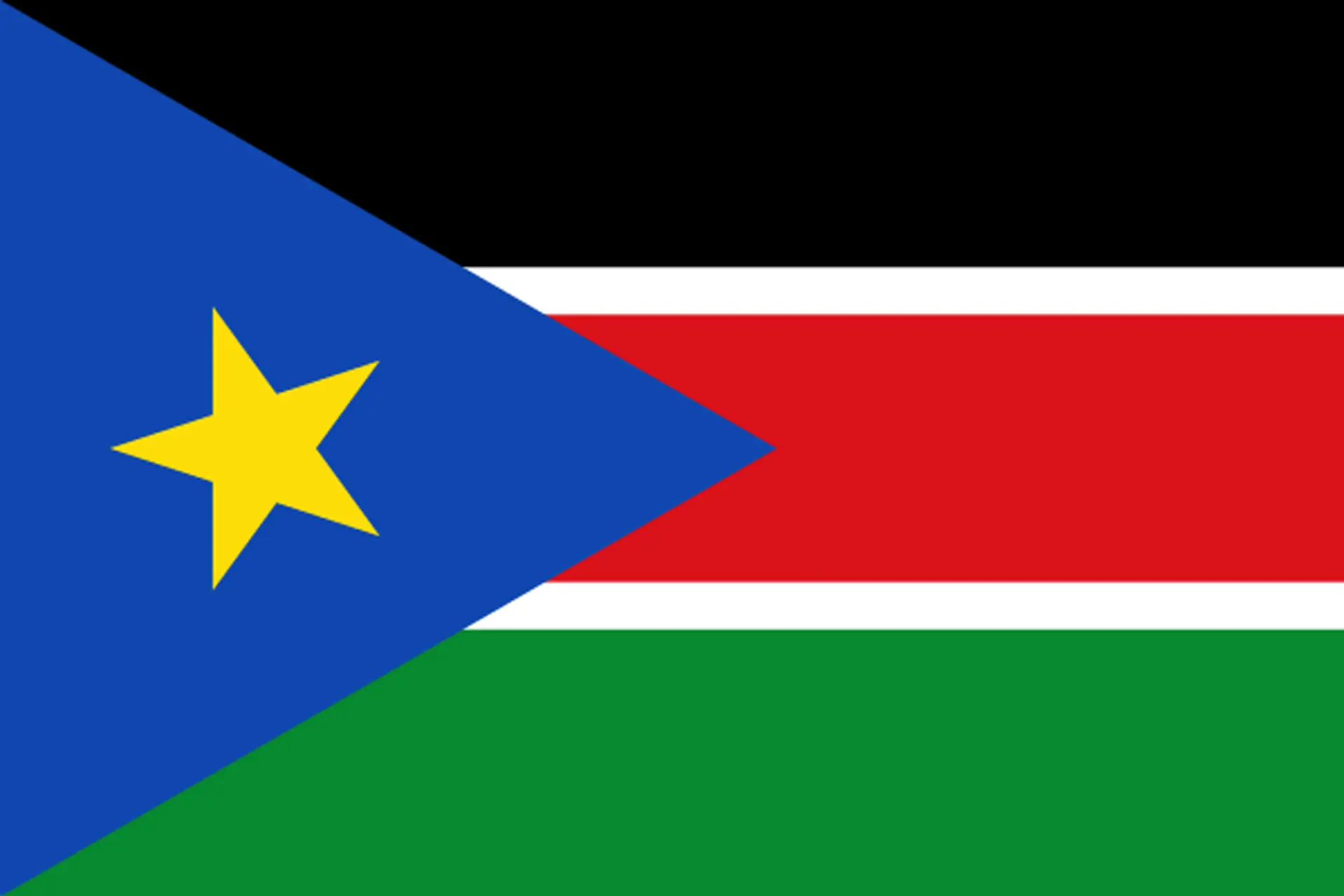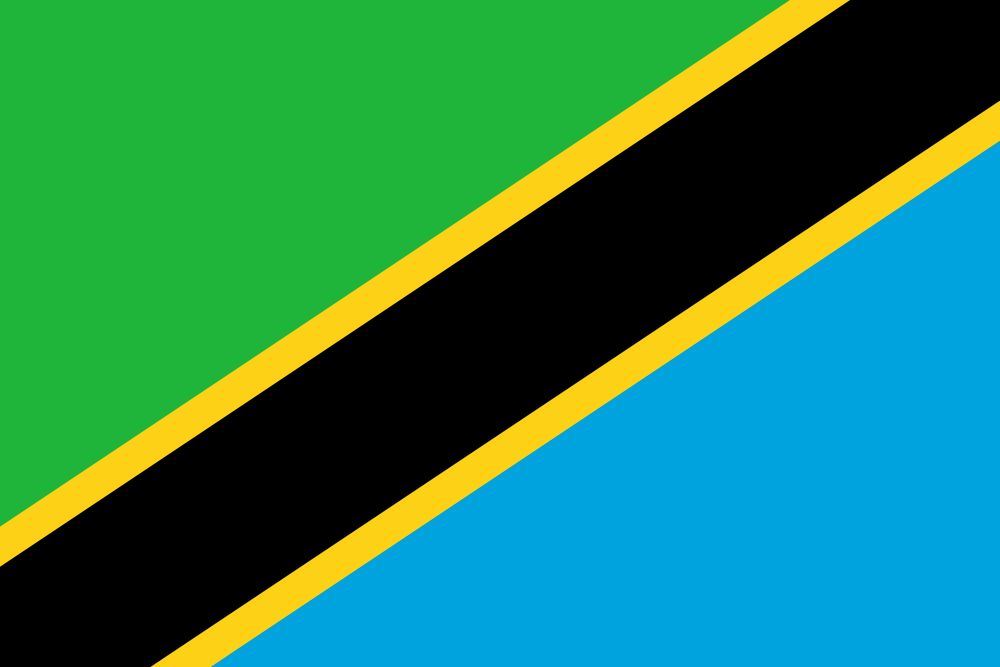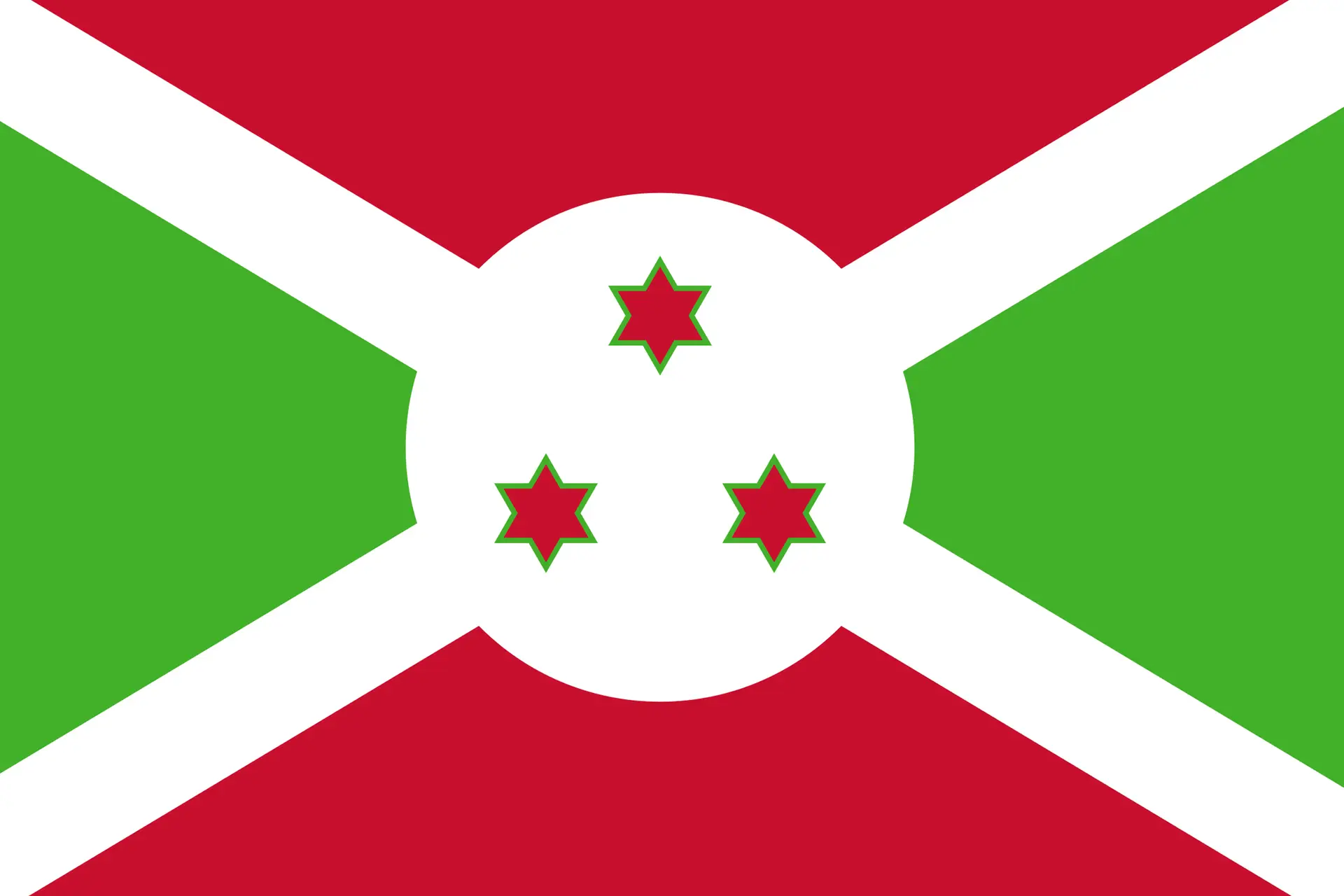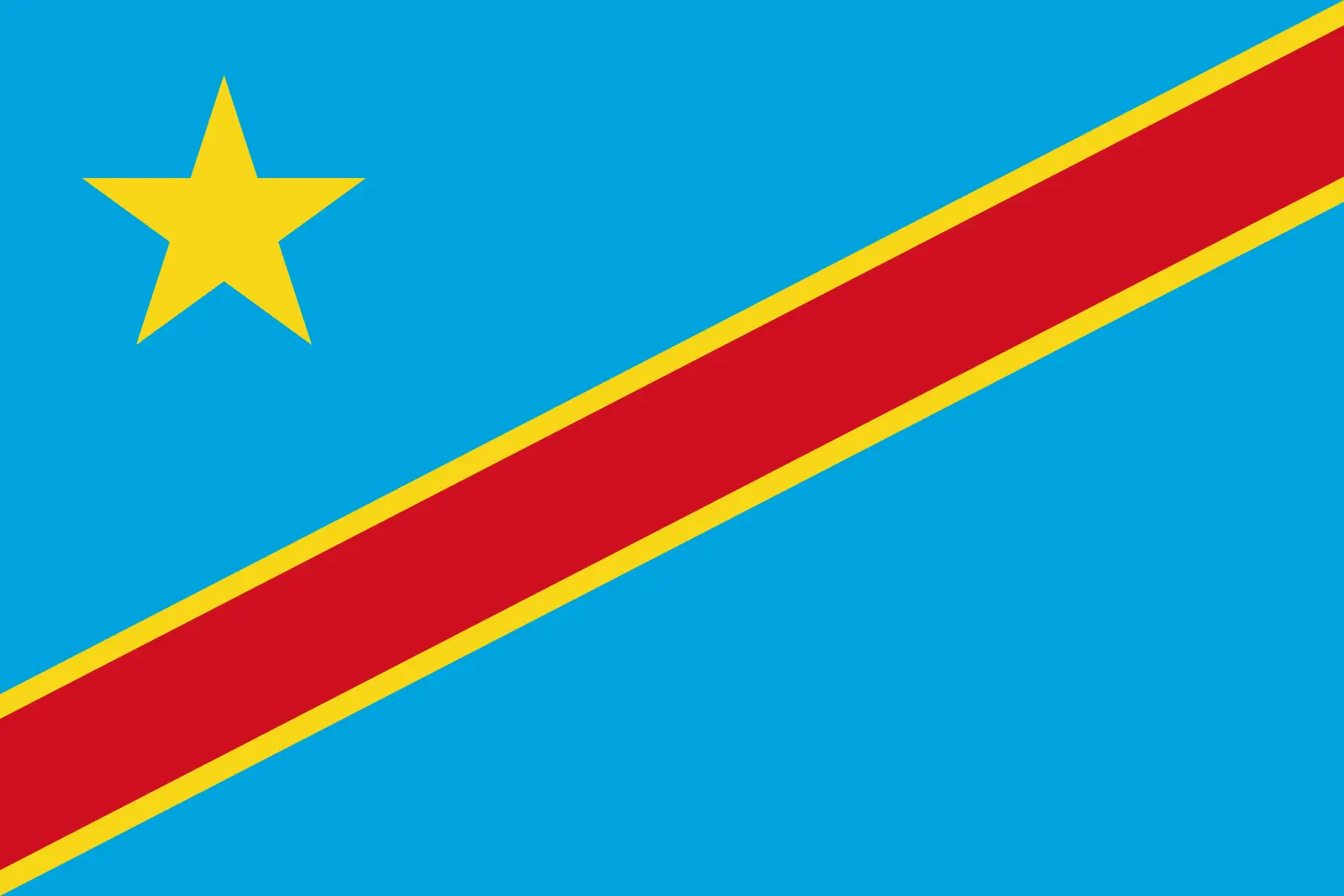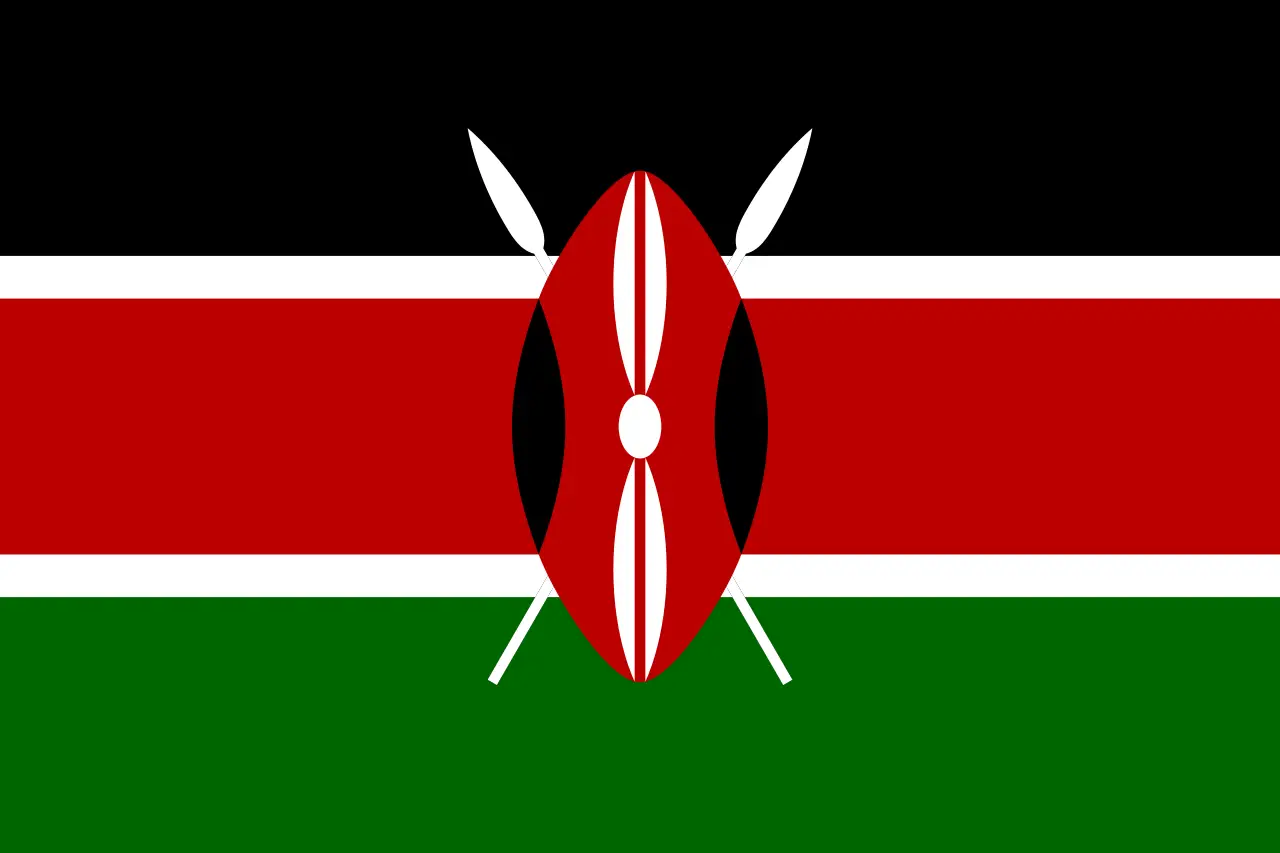The Enhancing Peaceful Co-Existence among the Local Communities of Twic in Jonglei State project is based on a grassroots approach to address inter-communal conflicts that are related to issues including cattle raiding, child abduction, girls and women crisis, land disputes, water points disagreements as well as cases of trauma caused by loss of lives, properties and homesteads due to flooding across the Jonglei area. The project is being implemented in Twic East headquarters of Panyagor and brings together representatives from the five Payams of the area. These representatives include community leaders, Payams administrators who are the local authority leaders, chiefs, youth, women, and religious leaders. After interacting with the participants, ALARM has realized that the problems that create conflicts in communities are simple issues that can be addressed with swift intervention by local authorities and prompt intervention by other peace actors like ALARM to facilitate trust building among the communities.
The project has several activities designed to realize peaceful co-existence among these local communities in a period of one year. The activities that have taken place to date include a stakeholders consultative meeting (June 26th); a conflict resolution, peacebuilding and trauma healing community dialogue conference (June 28th-30th); and a coaching and formation of peace committees and counselling teams (July 1st-2nd).
With successful completion of the three activities and establishment of the six Payams peace committees, ALARM remains tasked with ensuring the success of these committees by facilitating them and furnishing them with the means to carry on peacebuilding programs at their respective Payams.

